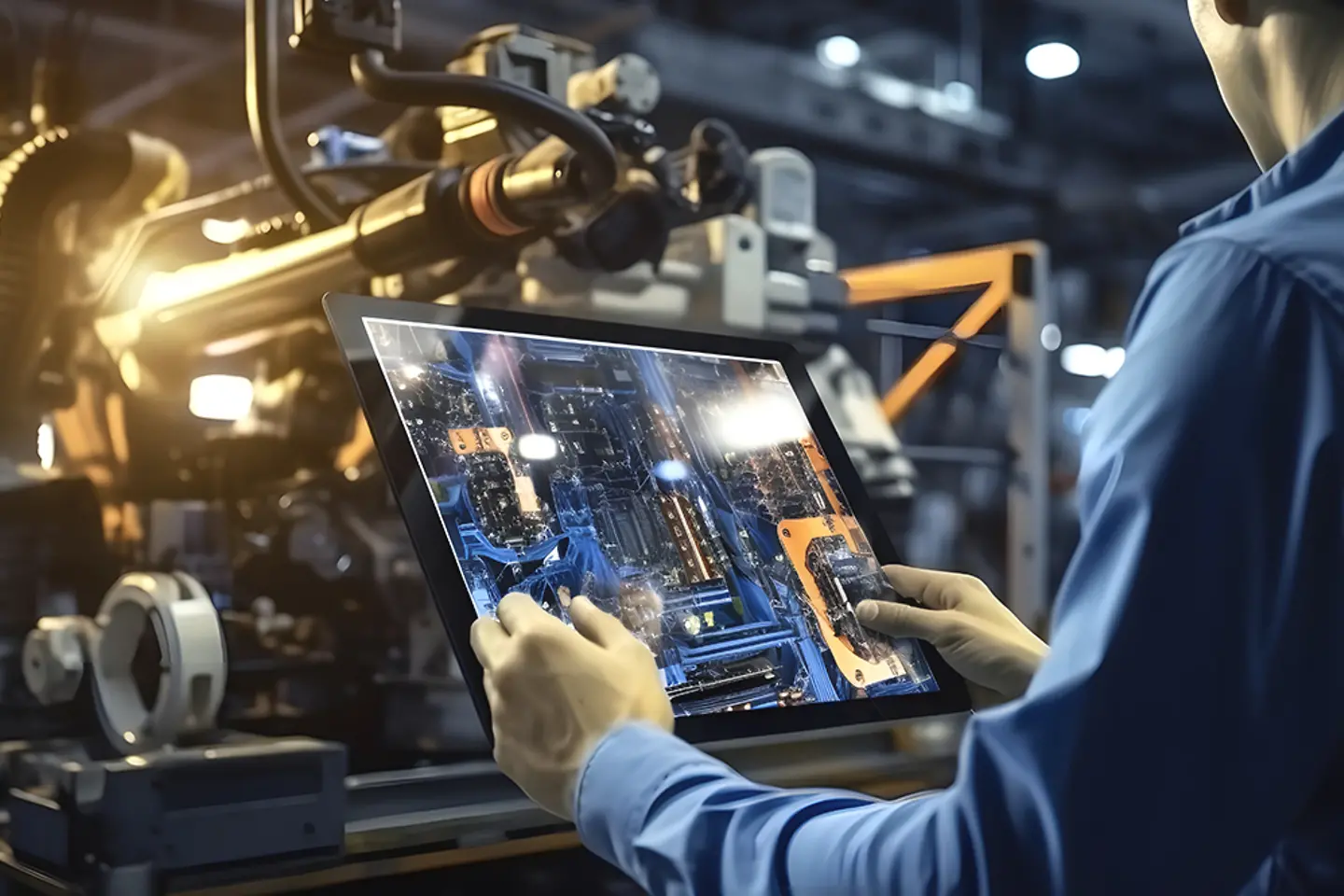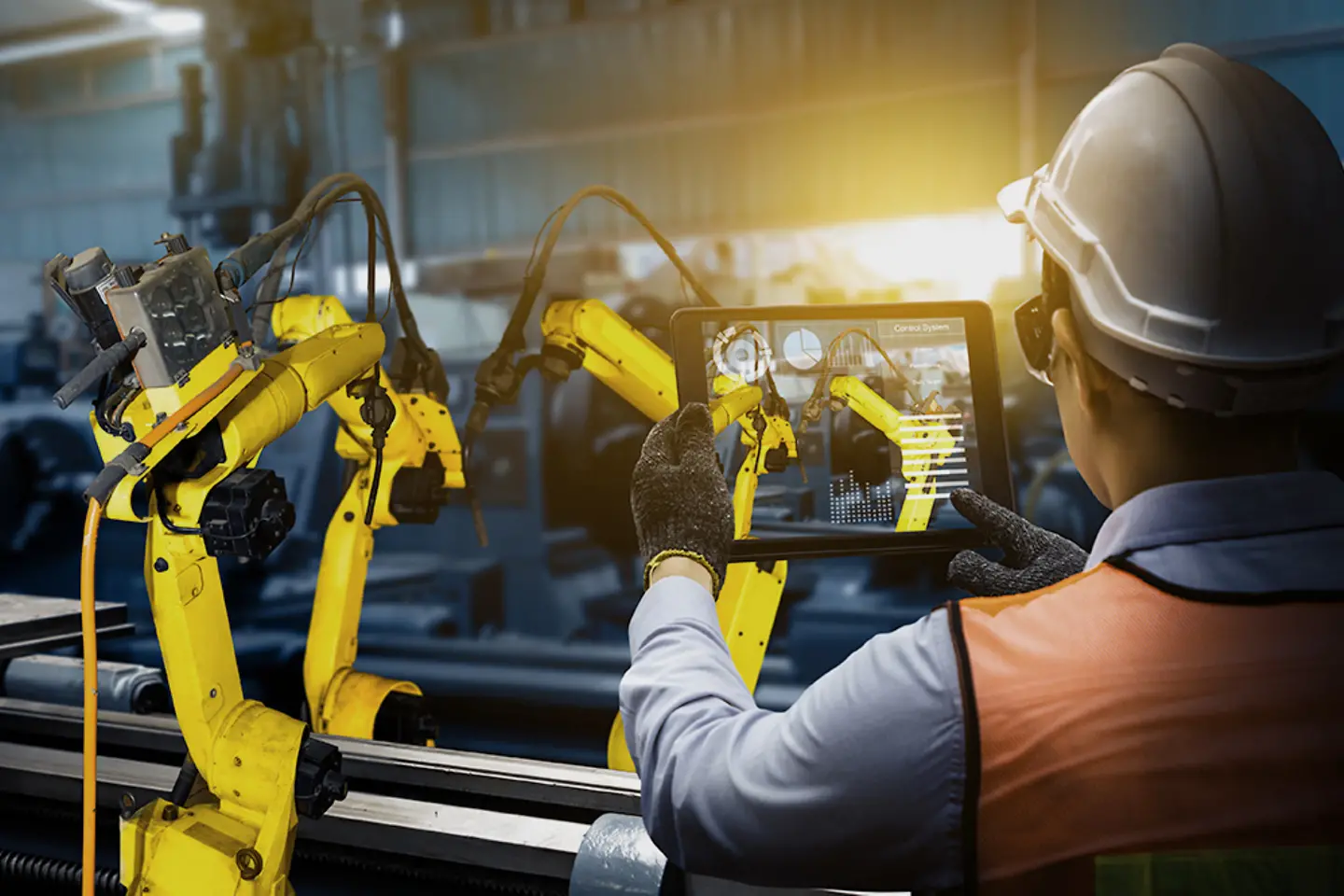
Gone are the days when clients were happy to replace an old system with a new one. Today, they wish to maximize the output of modernization to align with modern trends and establish new business models. Landscape modernization now is about implementing game-changing future-ready technologies like industrial metaverse, and digital factories, with security and sustainability for improved resiliency.

The end-to-end automotive landscape comprises in-car software, supply chain & logistics, product design eco-system, connected mobility apps, quality management, and customer relationship management. The strategic modernization overhaul involves critical components like IT modernization and process modernization. Embracing new business models, a composable business architecture ensures agility and adaptability. Cloud-native applications drive efficiency, enabling accelerated speed to market and enhanced customer experience. This transformation expands revenue opportunities and improves resiliency and flexibility.
IT modernization isn’t just an upgrade; it's a strategic imperative for cost-effectiveness, risk mitigation, and agile responsiveness to the ever-changing demands of the industry. Addressing technical debt is a strategic remedy, mitigating business risks and ensuring robust, future-ready systems. Embracing flexible architectures anticipates and adapts to evolving business needs, facilitating rapid application changes and shorter time-to-market. Breaking down architectures into smaller, manageable pieces enhances overall maintenance efficiency.
Regulatory mandates, such as emissions standards and safety regulations, push manufacturers to adopt cleaner and safer technologies. Additionally, evolving consumer expectations as well as offerings e.g., from cars to mobility-as-a-service demand smarter, connected systems with advanced features like autonomous driving, direct sales, digital interaction, and seamless connectivity. Market competitiveness further propels landscape modernization, as companies strive to differentiate themselves through innovation and efficiency gains. Moreover, the rise of digital transformation across industries necessitates automotive players to harness emerging technologies like AI, IoT, and cloud computing to stay relevant and competitive in the rapidly evolving landscape.
For IT modernization to be a catalyst for a dynamic and future-ready automotive ecosystem, it is imperative to adapt technologies like cloud computing, IoT integration, AI-driven analytics, and cybersecurity fortification reshape the industry's IT landscape. This evolution not only streamlines operations but also fuels innovation, enabling predictive maintenance, autonomous driving advancements, and personalized user experiences.
Process modernization in automotive involves the adoption of the market trends in the automotive eras, mainly future sales, connected data spaces, connected shop floors, virtual prototyping, and digital production. These trends ensure a new and optimal way of addressing the automotive business faster time-to-market thus enhancing product relevance, and customer satisfaction and making automotive companies more competitive in the market.
Furthermore, process modernization leads to higher-quality outputs through the integration of new IT Trends and technologies, mainly AI, virtualization, and automation. By automating the processes and having them smarter, automotive companies can minimize errors and reduce manual intervention, resulting in more reliable and consistent products. This not only enhances the overall quality of automotive solutions but also increases efficiency and cost-effectiveness in the long run. Process modernization is a key pillar in transforming the automotive industry's landscape, paving the way for innovation, collaboration, and sustained growth.